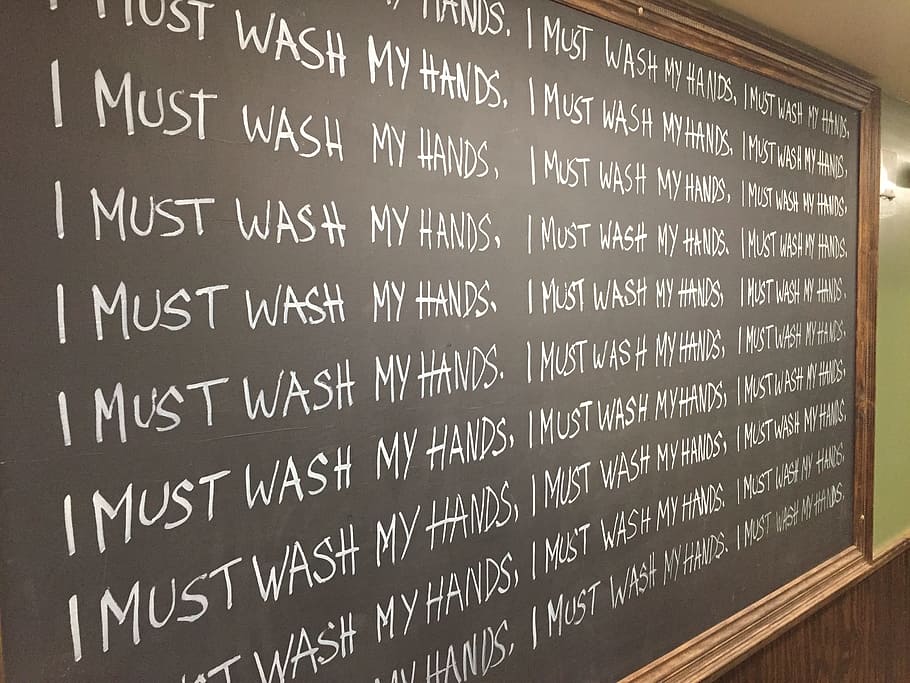Work vs. Re-Work
When I was seven, my favorite joke went like this: Two guys sitting on a fence, Pete + Repeat. Pete falls off. Who’s left?
Repeat.
Two guys sitting on a fence, Pete + Repeat. Pete falls off. Who’s left?
Repeat
For a seven year old, this was a joyous loop of giggling. For my friends and family, it became more of a riddle on how to get Christy to stop telling this repetitive joke.
Now, forty-three years later, working in user experience design research, we are constantly iterating on software. Iterating is a lot like repeating. Iterate and Re-iterate. It’s funny until it’s not. We can talk about the work, or we can talk about the re-work. My team comes in to help you figure out which you want to do, and when.
In digital product development, (*ideally) each sprint is an iteration that improves upon what you’ve been building. You start with the minimum viable product and build in features that incrementally add more value for your users. Or maybe you start at the other end, building for the power user an engineering-driven solution to a real problem, then paring back for a mass market through iterative branching and breaking up flows, making tasks more discreet, relevant and discoverable to the average user. In product development, the point is, you have a strategy and you stick to it. When there is none, or worse – a strategy that changes every quarter – design sprints that iterate can become not funny, real quick.
Research is often a god-send for these teams, if it’s considered embedded and provided as a service. If research is a “nice to have” and strategy keeps changing, it’s a money maker for any research agency. Find one good champion within a company, and if she can maintain her budget, a research agency can make a healthy living just researching the same things from different angles. Reporting to the company what they’ve known all along, but keep forgetting. I’ve done the same project for at least five different business units within Walt Disney Parks and Resorts Online. (Disney cruises, conferences, weddings, golf, and Disney DVDs.) Those are just the ones I can recall, but I think it got up to double digits – and that felt incredibly redundant.
User Experience Design teams that include Research as part of their modus operandi typically do well to educate their stakeholders on the costs of this profoundly iterative work, if done sans strategy. By aligning the actual user’s needs with the goals of what the company or the software is supposed to accomplish, and centering everyone on what’s best for the user is best for the company? That takes iteration too.

